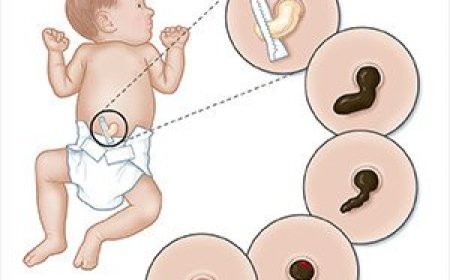frozen Shoulder

Introduction:
Imagine if your shoulder suddenly felt like a locked door that doesn't want to open. In India, just like in other places, some people might experience something called a "frozen shoulder." Let's embark on a journey to discover what frozen shoulder is, why it happens, and how we can help make it better.
Signs and Symptoms:
Imagine if you couldn't lift your arm high, couldn't throw a ball, or even comb your hair without feeling pain and stiffness in your shoulder. These could be signs that your shoulder has become frozen, like it's covered in ice.
What Is Frozen Shoulder?
Frozen shoulder is like a sleepy dragon that makes your shoulder feel stiff, tight, and not as easy to move. It's like having a puzzle in your shoulder that's missing a piece.
Classifying Frozen Shoulder:
Frozen shoulder is a condition where your shoulder's movements get restricted. It can be classified into different stages based on how much movement you have:
1. Freezing Stage: Your shoulder starts feeling more and more stiff and painful, and it becomes harder to move it.
2. Frozen Stage: Your shoulder gets really stiff and moving it becomes quite a challenge.
3. Thawing Stage: The stiffness slowly starts to get better, and you can move your shoulder more comfortably.
Causes and Triggers:
In India, sometimes frozen shoulder can happen after an injury or surgery, but other times, it might just appear out of the blue. It's like your shoulder decided to take a vacation and got stuck in one place!
Risk Factors with Examples:
Kids who have certain medical conditions, like diabetes or thyroid problems, might be at a higher risk for frozen shoulder. Also, if someone hurt their shoulder or didn't use it much after an injury, they might be more prone to it.
Types of Frozen Shoulder:
Frozen shoulder doesn't have different types, but it can affect both shoulders or just one. It's like if your left and right puzzle pieces got stuck at the same time.
Diagnostic Tests and Treatments:
Doctors might ask you about your shoulder pain and movement. They might also do some gentle tests to see how your shoulder moves.
Treatment:
Rest, gentle exercises, and sometimes medicines or physical therapy can help make your shoulder less frozen. It's like giving your shoulder a warm hug and helping it relax.
Complications and Prevention:
If not treated, frozen shoulder can make simple tasks like dressing or eating feel difficult. To prevent it, it's important to keep your shoulders moving and not let them get too still for too long.
Frozen shoulder might make your shoulder feel like it's in a deep sleep, but with the right care, it can wake up and move freely again. Remember, our bodies are like intricate puzzles, and sometimes they need a little help to find all the right pieces. So, next time your shoulder feels a bit stiff, don't worry - talk to a grown-up or a doctor, and they'll help you give your shoulder the warm-up it needs!
What's Your Reaction?
 Like
0
Like
0
 Dislike
0
Dislike
0
 Love
0
Love
0
 Funny
0
Funny
0
 Angry
0
Angry
0
 Sad
0
Sad
0
 Wow
0
Wow
0







































































